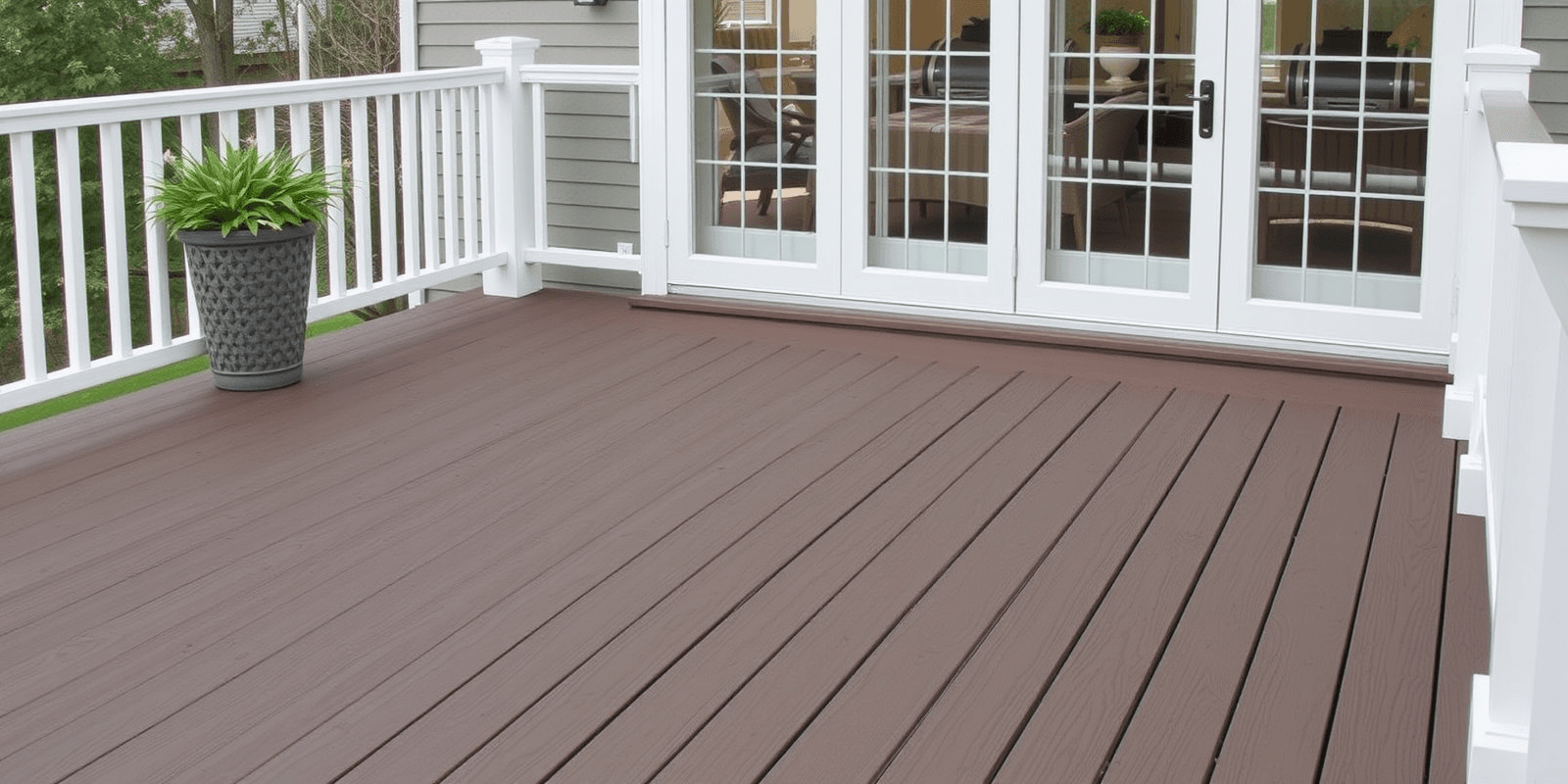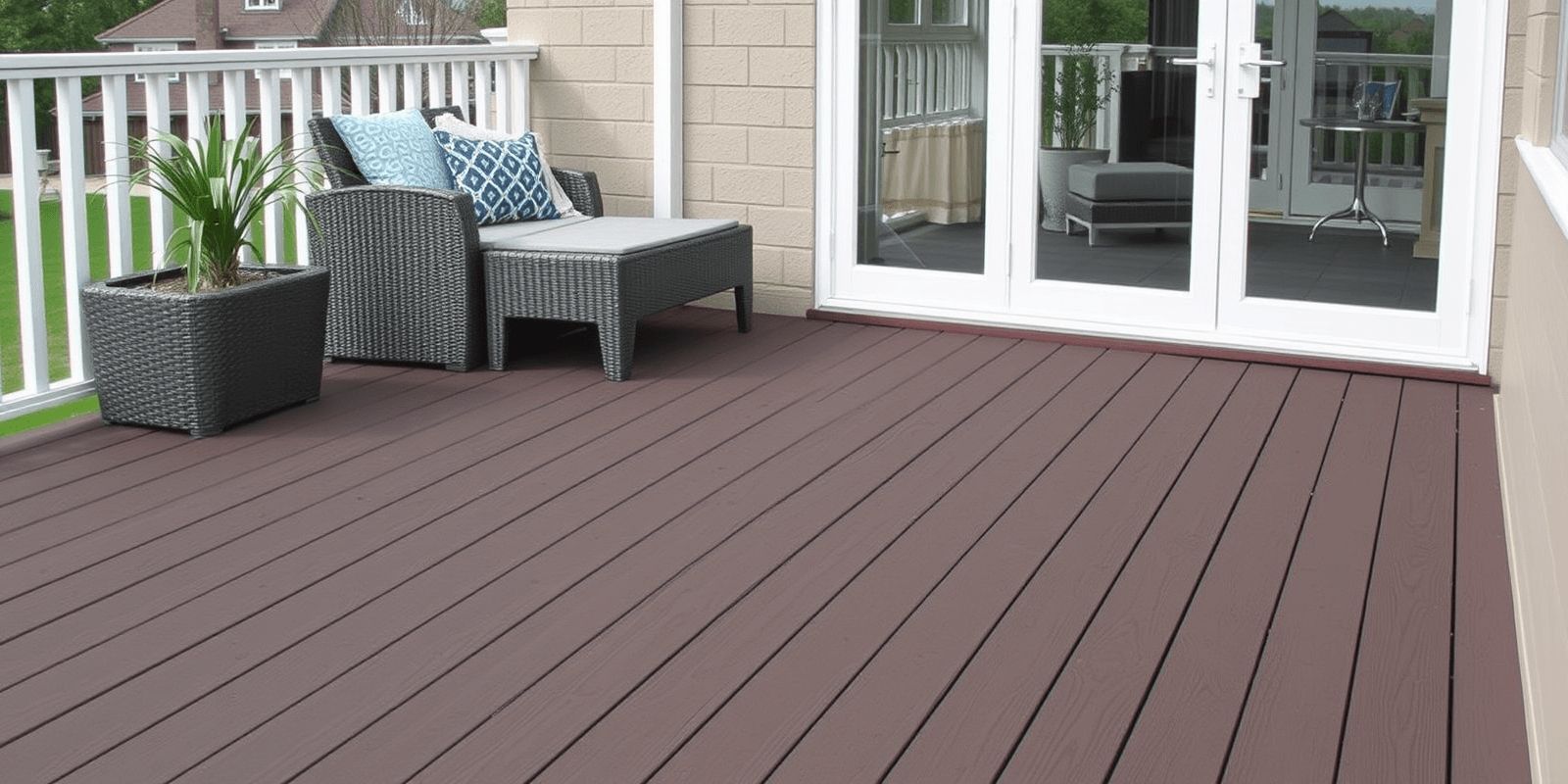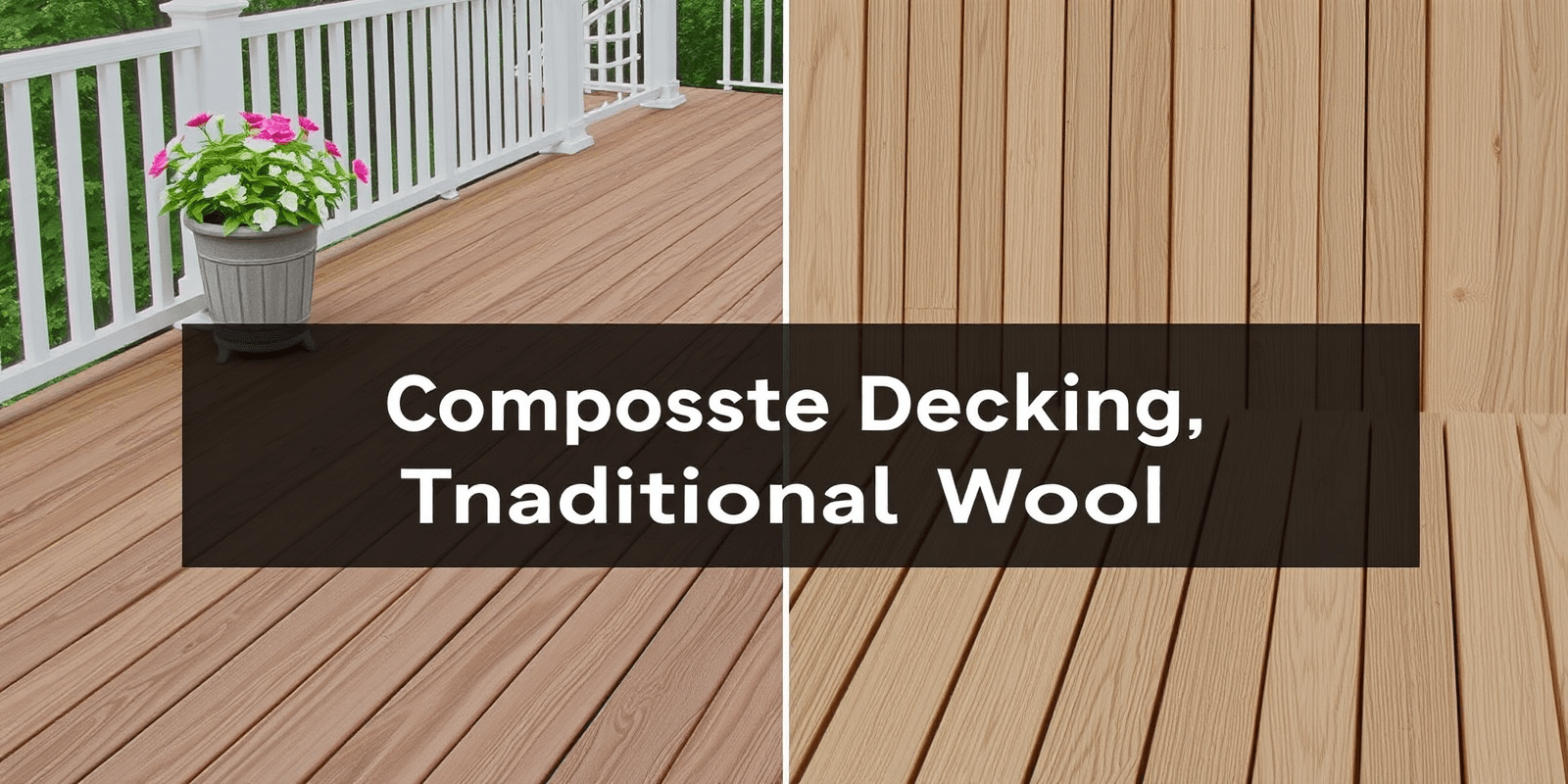“`html
The Composite Advantage: Why Not PVC for Your Deck?
Introduction
When it comes to building a deck, homeowners often face a choice between composite and PVC (polyvinyl chloride) materials. While both options offer durability and low maintenance, composite decking stands out as a superior choice due to its unique composition and environmental benefits. This article delves into why composite decking is a better option than PVC, focusing on its composition, performance, and cost-effectiveness.
Understanding Composite Decking Composition
Composite decking is made from a blend of wood fibers and recycled plastic, typically high-density polyethylene (HDPE) or polypropylene. This combination results in a material that is stronger, more durable, and less prone to warping, cracking, or fading compared to PVC. The wood fibers provide structural integrity and a natural appearance, while the plastic resins enhance moisture resistance and UV protection.
Performance Advantages of Composite Over PVC
One of the key advantages of composite decking over PVC is its overall performance. Composite materials are less likely to warp, split, or crack under extreme weather conditions. They also maintain their color and texture better over time, thanks to UV inhibitors and other additives that protect against sun damage. Additionally, composite decking has a higher load-bearing capacity, making it ideal for heavier structures like benches or planters.
Environmental Benefits
Choosing composite decking over PVC is not just about performance; it’s also an environmentally conscious decision. Composite materials are made from recycled wood fibers and plastics, reducing waste in landfills. Moreover, they require less energy to produce and transport compared to PVC, which is derived from non-renewable petroleum sources. The use of composite decking helps reduce carbon emissions and supports sustainable building practices.
Long-Term Cost Savings
While the initial cost of composite decking may be higher than PVC, the long-term savings make it a worthwhile investment. Composite materials are more durable and require minimal maintenance, such as occasional cleaning with soap and water. In contrast, PVC can become brittle over time, leading to cracks and splits that require frequent repairs. The lifespan of composite decking is significantly longer, often exceeding 25 years, resulting in lower overall costs when considering replacement and repair expenses.
Conclusion
When it comes to building a deck, composite materials offer numerous advantages over PVC. Their superior composition, enhanced performance, and environmental benefits make them a smart choice for homeowners seeking a durable, attractive, and eco-friendly outdoor space. By choosing composite decking, you’re investing in a long-lasting solution that will enhance your home’s value and provide years of enjoyment.
“`



